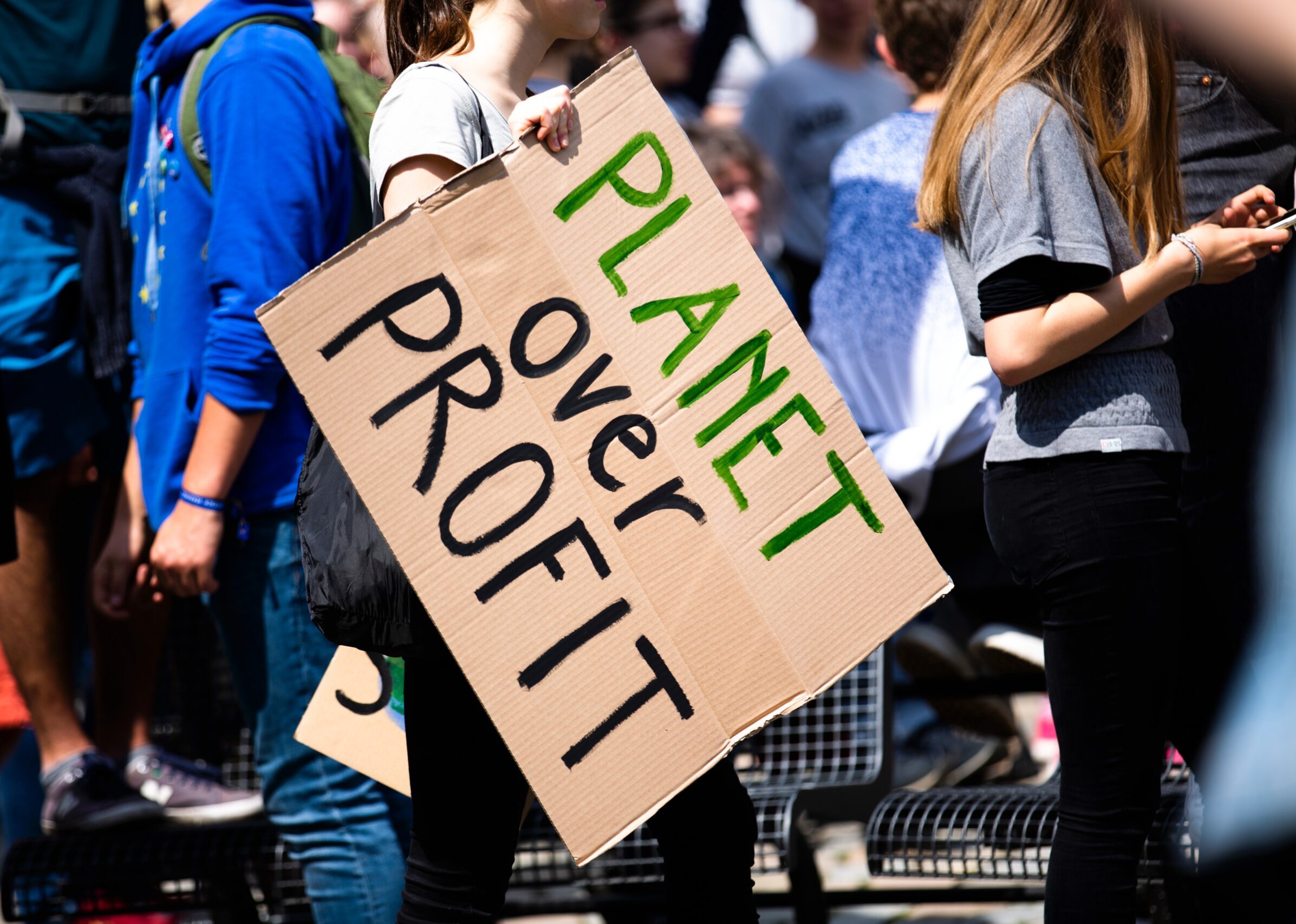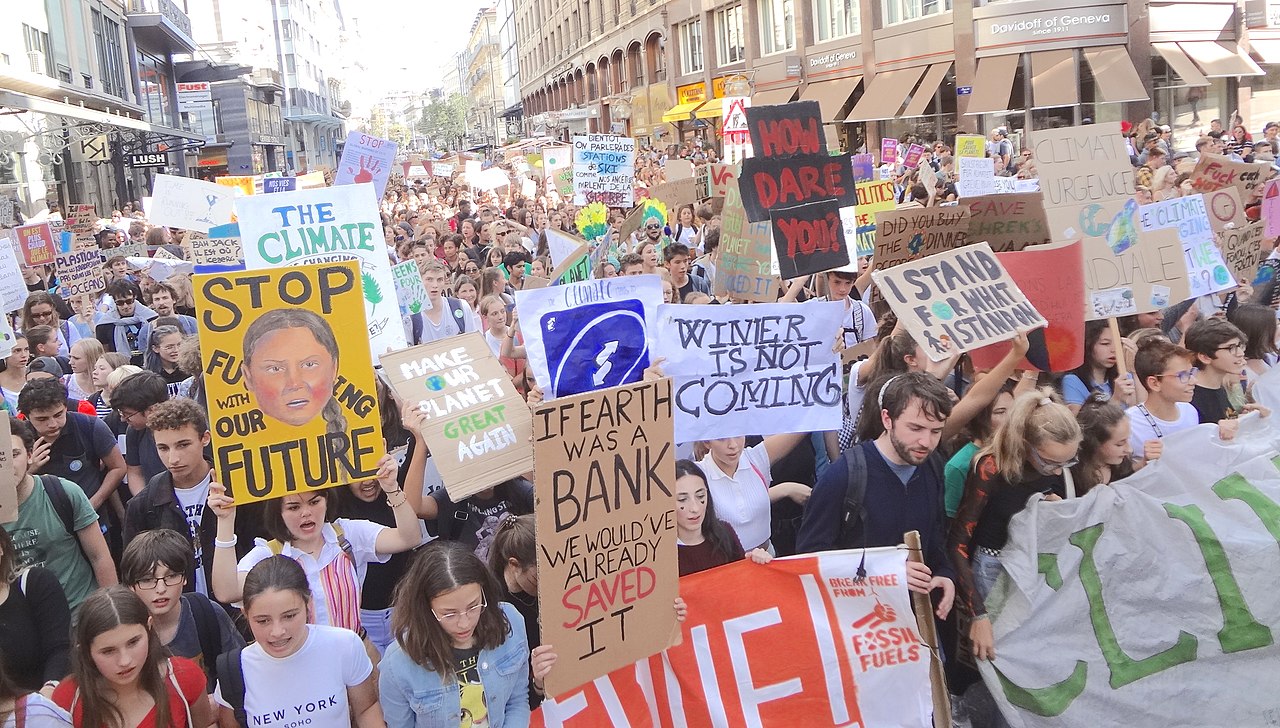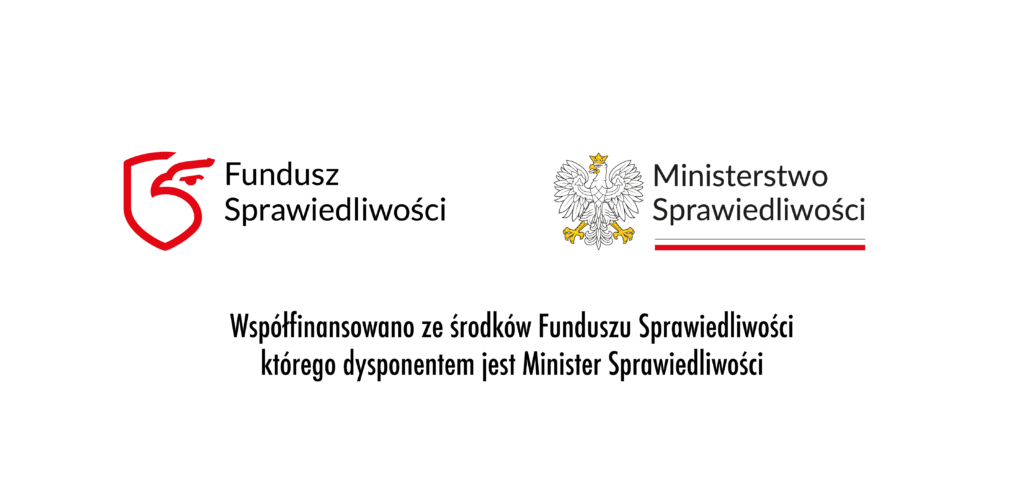The green policy is even more radical

Tomasz Cukiernik
The EU methane regulation will not only uncontrollably lead to the rapid liquidation of Poland’s hard coal mining industry, but also threatens the country’s energy security
Article 22 of the draft regulation of the European Parliament and the Council on reducing methane emissions in the energy sector introduces an emission standard of 5 tons of methane per 1,000 tons of mined coal from 2027 and 3 tons of methane per 1,000 tons of coal from 2031. Meanwhile, Upper Silesian mines emit about 8-14 tons of methane per 1,000 tons of mined coal. In an interview with TV Republika, Tomasz Rogala, president of the Polish Mining Group and president of the European Coal and Lignite Association Euracoal, said there are no technical solutions to meet these requirements, and the introduction of the EU regulation in its proposed form means the closure of seven PGG S.A. mines in 2027 and another two in 2031. The company’s last three mines would continue to extract coal until 2037. Operating mines, meanwhile, would be subject to financial penalties for exceeding European norms. For PGG, this means a fee of PLN 1.5 billion a year. But the problem also affects the mines of Tauron Wydobycie and, later, Jastrzębska Spółka Węglowa (JSW) [Polish mining companies – Ed.].
STANDARDS IMPOSSIBLE TO ACHIEVE
For now, the draft regulation does not cover coking coal mined in Poland by Jastrzębska Spółka Węglowa. Methane release thresholds for coking coal mines are to be introduced no later than five years after the regulation comes into force. This is to happen despite the key role of coking coal in steel production and the fact that it is on the European Union’s list of strategic raw materials. That is to say, Brussels plans to ban the mining of a raw material that it itself has declared strategic! “This is inconsistent with the previously established principles of moving away from coal. In addition, this regulation practically liquidates the coking coal mining sector – so necessary for steel production, recognized as a critical raw material by the European Commission,” reads a letter from MEP Lukasz Kohut to the chairman of the European Parliament’s Committee on Industry and Energy.
In Poland, more than 80% of the hard coal mined comes from methane seams. The mines have de-methanation systems, but they do not provide opportunities to reduce methane emission levels to the standards proposed in the EU regulation. In 2020, 23% of methane was consumed in boilers or gas engines. For example, in 2022. JSW was responsible for 363 million tons of methane, 91 million tons of which was used economically – burned in its own installations or sold to external customers. However, running engines that convert methane into energy requires investment, and what is the point of investing in mines that have been condemned by Brussels to close anyway? On the other hand, and importantly, the methane emission levels written into the regulation are not technically feasible at all.
SERIOUS DOUBTS
We can also note a lack of logic in the new regulation, disconnection from reality, and disregard for the situation in some member states, because the EU draft law does not impose similar obligations on imported coal. And the closure of mines would mean, particularly in Poland, the need for a significant increase in coal imports. “The regulation treats EU companies incomparably more harshly than foreign ones, as coal importers will only be required to declare the emissivity of the raw material’s mines of origin, but no tools are provided for verifying the data. As a result, importers will avoid penalties for exceeding emissions,” says Chairman Rogala in an interview with FilaryBiznesu.pl. In a nutshell, closing a mine in Poland will not reduce methane emissions globally (after all, climate is not a matter of the EU’s backyard), but will only cause it to be mined elsewhere. Moreover, the mere transport of coal from far corners of the world will result in additional emissions of the carbon dioxide so fought by Brussels.

Trade unionists are not the only ones to point out that the EU’s methane regulation is an action against the social contract negotiated in 2021, which provides for the gradual decommissioning of Poland’s mines by 2049. “The plan, which is spread over 25 years, would de facto be extended and shortened to a few years. This would put some 80,000 coal mine workers and up to several hundred thousand workers in mining-related industries in a very difficult position. None of the country’s preliminary energy transition projects to date have considered such a possibility at a similar pace,” the statement on the website of the All-Poland Alliance of Trade Unions reads.
REGULATION FOUNDED IN CORRUPTION?
Where did this regulation come from? Despite repeated appeals from both the Mining Chamber of Industry and Commerce and other institutions in the industry, as well as scientists or trade unions, the Polish government ignored the problem. As part of the second part of the “Fit for 55” package of legislative proposals, which aims to implement the European Green Deal to achieve climate neutrality in the European Union by 2050 on December 15th, 2021, the European Commission presented a proposal for a regulation to reduce methane emissions in the energy sector. The European Economic and Social Committee adopted its opinion in May, and the Committee of the Regions forwarded its opinion to the plenary in October 2022. Two months later, the draft was approved by the Council of the European Union. Admittedly, as a result of Climate Minister Anna Moskva’s objections, amendments were made to minimally relax the regulations. Unfortunately, the effect of further work on the draft regulation in the committees of the European Parliament was to tighten the regulations. Everything will be decided by a vote in the European Parliament in March this year. “Only the unity of all political circles in Poland can prevent the economic catastrophe that will follow the entry into force of the methane regulation in the wording prepared by the Greens in the European Parliament and the European Commission,” assessed Law and Justice MEP Grzegorz Tobiszowski, who as deputy energy minister in the past was in charge of mining affairs in the government.
It is symptomatic that the work on the project in the committees of the European Parliament ended in a scandal showing who is really pulling the strings in the EU legislative process. And it is by no means democratically elected MEPs, but ordinary lobbyists. Well, it turned out that amendments to the methane regulation were to be prepared by German Green MEP Jutta Paulus, rapporteur for the Committee on the Environment, Public Health and Food Safety, and the Committee on Industry, Research and Energy… an activist from an American environmental organization. The proof is in the emails with amendments that other MEPs were sent by Paulus. A letter from Italian MEP Silvia Sardone shows that Paulus entrusted the drafting of the amendments to Alessi Virone, director of the Clean Air Task Force. According to Sardone, the U.S. activist’s involvement also took place during previous stages of negotiations. As a result, the Italian MEP wonders to what extent these amendments correspond to the strategic interests of the European Union and member countries.
THE WORLD INVESTS IN COAL
Some hoped that the outbreak of war in Ukraine, resulting in the problem of Russian gas replacing coal in the EU’s green policy, would cause a sobering and revision of this harmful EU policy and that Brussels would return to coal. Nothing of the sort has happened. EU policy has become even more radical and blindly pursuing one direction. It is headed by the fanatic Frans Timmermans, vice-president of the European Commission, who is also becoming more and more radical and telling more and more farcical stories about the so-called climate crisis (pipe dreams about achievable zero emissions or fairy tales that climate policy has a positive impact on industry), just like at one time US Vice President Al Gore, whose catastrophic climate predictions completely failed. After the Russian aggression in Ukraine, Timmermans, like a madman in a fog, said there was no way to postpone the European Union’s climate goals, adding that Poland could not give up on moving away from coal, and if it did, it would be against the climate.

Meanwhile, global coal consumption in 2022, compared to the previous year, increased by 1.2%. Interestingly, in the European Union, the increase was exceptionally high, up 6.5% from 449 million tons to 478 million tons. Last year, global hard coal output was at a record high of about 8.4 billion tons, while Poland’s output was less than 53 million tons (as recently as 2015 it was 72.5 million tons, and in 1990 it was 148 million tons). This means that Poland accounted for just… 0.6% of global coal production. This is much less coal than India mines in…a month (in December 2022, India mined almost 83 million tons of coal). The world is increasing coal production and consumption. Last year, China’s production of the commodity reached a record 4.45 billion tons, and analyst firm S&P Global forecasts it will rise to 4.9 billion tons this year. New coal-fired power plants are being built on a massive scale in the Middle Kingdom. The same is true in India. Already after the outbreak of war in Ukraine, the authorities decided to restart some 100 closed mines. In 2020, 930 million tons of coal were consumed nationwide, in 2022 – more than 1.1 billion tons, and by 2030 this is expected to reach 1.5 billion tons per year. High gas prices have also caused Japan and South Korea to significantly increase coal consumption. The International Energy Agency predicts that global demand for coal at high levels will continue until 2025.
WE ARE SETTING OURSELVES UP FOR BLACKMAIL
Energy blogger Władysław Gawronski rightly points out another very important effect of the methane regulation. In his opinion, the green transition is a way of preserving the status quo in the European Union, i.e. the division between the rich countries of Western Europe and the poor countries of Central and Eastern Europe. It is already causing Poland to become dependent on foreign technology, financing, imports of energy and electricity raw materials, and CO2 emission rights. As a result of these changes imposed by Brussels, our energy sovereignty will drastically deteriorate. Poland, which owns 100% of the thermal coal for its generating units, will become a country that will depend on foreign energy resources: coal, gas, and uranium. In the future, the blackmail will be that Poland will have to agree to all solutions imposed, or else energy or raw material exports will be stopped and our economy will collapse.
The world continues to invest in coal, and the European Union, founded on coal and steel, is moving away from its roots in a brutal and uncontrolled manner. And it is, after all, these commodities that have provided Europe with economic development. The demands for rapid decarbonization are obscuring the reason and logic of the Eurocrats. As mining editor Jerzy Dudała noted in wnp.pl, “in one of its communications, the European Commission, in the interim period – due to the difficulties involved – allows member states to increase coal consumption, but only for a period of 2-3 years. And yet it is known that in deep-sea mining, investments take 5 years to make the deposits available, while their utilization will take another 8-10 years.” At the same time, it is worth noting that, as Dr. Jerzy Markowski, former deputy minister of economy and former director of the Budryk mine, notes, “at today’s level of mining, we have documented coal reserves for more than 800 years.”
This article was published in March 2023 in “Do Rzeczy” weekly.




